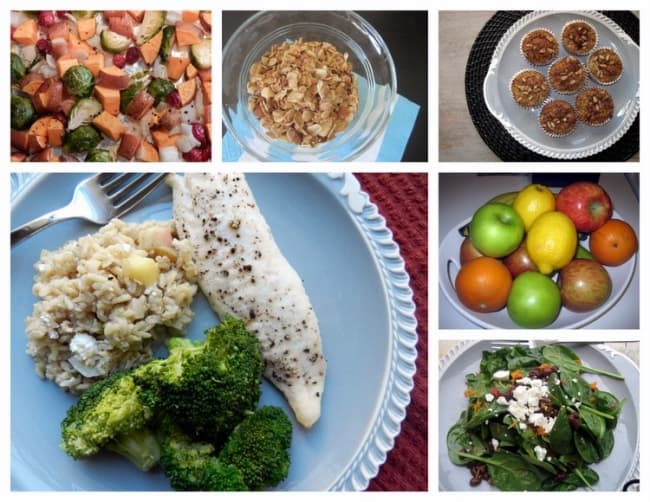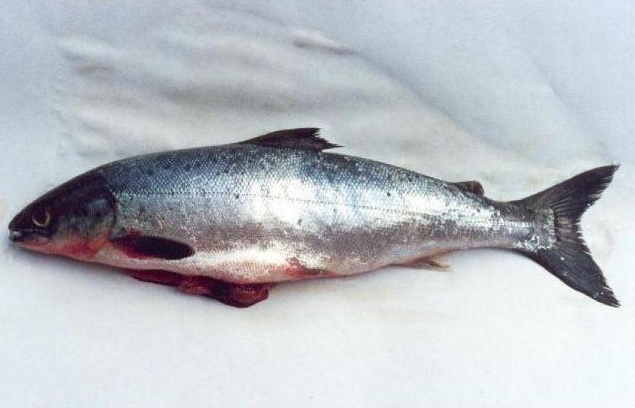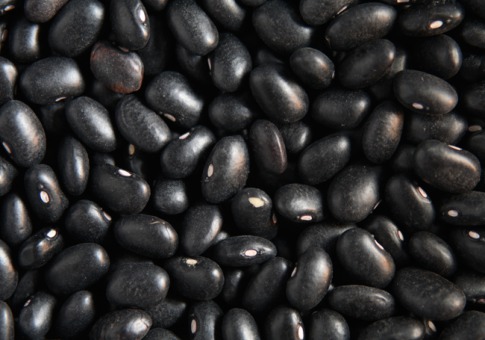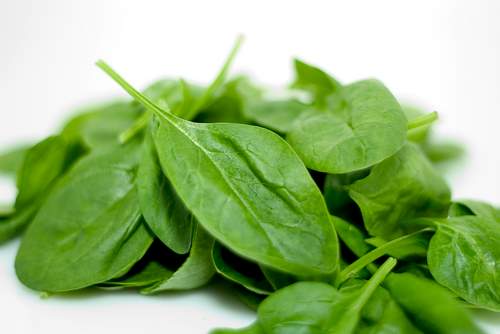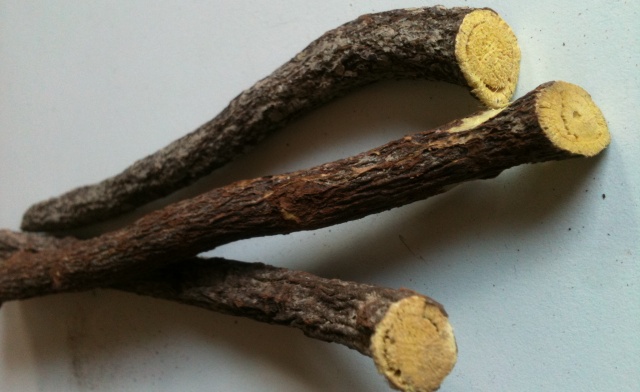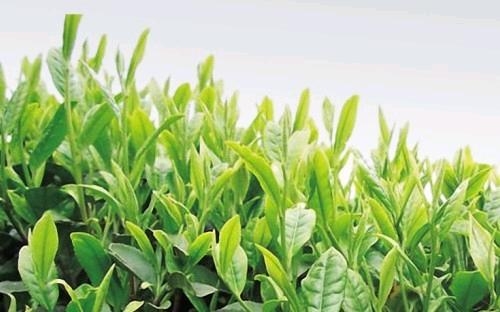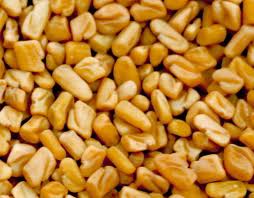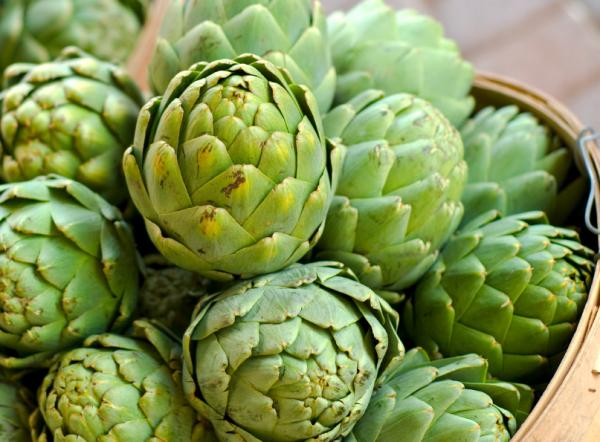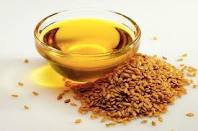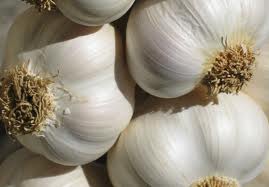Triglycerides are one of the major fats in blood. The other major fat is cholesterol. Both these fats in excess can cause heart disease. Triglycerides have a close association with good cholesterol (HDL). The occurrence of excess triglycerides and low HDL together may increase the danger of coronary heart diseases and stroke. High levels of triglycerides can also be considered as an indicative of diabetes. Triglycerides levels of men should be in the range of 100 to 120 mg per deciliter and its level should be lower by 30 mg in women. Eating certain foods can result in higher levels of triglycerides, while some others can lower your triglycerides levels. Triglyceride levels can be lowered naturally with the intake of omega 3 fatty acids rich foods, low fat diet, high fiber foods and low sugar foods.
Fish
High level of triglycerides cause heart diseases. Levels of triglyserides can be controlled by the consumption of fish. Different variety of fish can lower triglycerides levels. Coldwater fish such as halibut, salmon, and tuna are some of the examples. Their ability to lower triglycerides is due to presence of large quantity of omega 3 fatty acids. Eating of uncooked or partially cooked fishes or seafoods may cause serious side effects to health. Due to water pollution and industrial pollution, fish such as tuna accumulate lots of toxic substances in their flesh especially mercury, leading to mercury poisoning, so it is important that we clean the fish properly and cook thoroughly. People allergic to fish should avoid its consumption. Infants and pregnant women are recommended not to frequently consume cold water fish as it may contain traces of mercury which may inhibit the neurological development of the fetus.
Beans
Inclusion of different beans in your diet such as red kidney beans, pinto beans and black beans is a good step towards lowering the triglycerides. Beans are enriched with antioxidants. Phenol antioxidants account for the significant antioxidant activity of dry beans. The antioxidant property of red kidney beans and pinto beans may be credited for the reduced LDL oxidation resulting in the lowering of triglyceride. It is also responsible for the minimized risk of a heart attack and other cardiovascular diseases. Side effects usually occur by the consumption of raw red beans. The beans contain the toxic substance called the phytohaemagglutinin which causes vomiting, dizziness, diarrhea. People allergic to beans should avoid its consumption. There are no side effects associated with other types of beans although consumption of raw beans cause allergies to some people.
Green leafy vegetables
Greeen leafy vegetables such as spinach and dark green leaves are a significant source of fiber and antioxidants such as carotenoids, lutein and zeaxanthin. Vitamin K, vitamin C, vitamin B6, folate, manganese, antioxidants have a major role in protection from numerous diseases like heart disease and cancer. They also help to reduce the total cholesterol levels. They lower the triglyceride levels and cause increase in the HDL level. They also help in minimizing the formation of blood clots. Broccoli, kale, arugula, collard greens, dandelion greens are few other examples of dark green leafy vegetables. All these also contain antioxidants, fiber, and important vitamins that help to strengthen the immune system thus protecting us from a wide variety of diseases. Green leafy vegetables do not possess any side effects, they have rich beneficial effects for everyone.
Licorice or sweet root
Licorice, popularly known as sweet root, have numerous substances that may help lower the levels of triglycerides in the blood. Glycyrrhizin and flavonoids, the two important constituents of licorice that account for the licorice’s triglyceride-lowering property. The active components of licorice are also found to offer preventive measures against cancers in humans. The recommended daily intake for glycyrrhizin is to be 0.2 mg/kg/day. People with blood pressure, edema, heart disease, liver disease and kidney disease are recommended not to take the sweet root, as it may enhance the condition. Use of licorice during pregnancy should be avoided as licorice exhibits estrogenic activity and accounts for abortifacient effects.
Olive oil
Olive oil is a common source of oleic acid. Oleic acid is a common mono-unsaturated fatty acid. The mono-unsaturated fatty acid oleic acid helps in minimizing the total blood cholesterol level and LDL cholesterol. It is important as it does not lower good HDL cholesterol, and helps in minimizing triglycerides, thus reducing the danger of coronary heart diseases and stroke. Olive oil also helps by applied to skin, to reduce psoriasis, protecting the skin from ultraviolet rays of the sun, etc. It is also used for the treatment of migraine rheumatoid arthritis, breast cancer, high blood pressure, and problems associated with blood vessels. Olive oils generally do not possess any side effects. It is good for everyone.
Green tea
There are a wide range of health benefits for green tea. Green tea is found to be one of the most beneficial drinks that lowers triglyceride levels owing to its fat-burning and calorie-reducing properties. If we have high levels of cholesterol and triglycerides, we need to lose weight, one of the easy way to achieve this is by consuming green tea. Green tea antioxidants scavenge the free radicals that cause damage to LDL-cholesterol and tri glycerides, thus helping in reducing atherosclerosis. It also helps to improve the LDL to HDL ratio. A drop of lemon or honey can enhance its properties. Pregnant women and breast-feeding mothers should not drink green tea as the caffeine can be passed on to the baby. They may result in serious adverse effects and developmental issues in the fetus and infants. There are no side effects reported other than weight loss in other individuals.
Fenugreek
Fenugreek is a natural herb with triglyceride lowering property. It is most commonly used as a digestive tea. It is one of the commonly used food ingredients. The triglyceride lowering property of the fenugreek seeds is due to the presence of mucilaginous fiber. The mucilaginous fiber present in the fenugreek seeds binds the triglyceride molecules of our digestive system and their absorption into the bloodstream is hindered, thus helping in reducing the atherosclerosis. Fenugreek seeds also contain steroidal saponin diosgenin that gives protection against the deadly cancer. There are no side effects associated with the fenugreek seeds.
Fish oil
Fish oil is the oil that is made from the tissues of oily fish. Fish oil supplements have large amount of omega 3 fatty acids. These fatty acids are responsible for the lowering of triglyceride levels. Of the fatty acids the two omega 3 fatty acids, namely eicosapentaenoic (EPA)
and docosahexaenoic acids (DHA) have many health benefits. They are known to reduce inflammation in the body. They also help in reducing the formation of blood clots. They play an important role in reducing blood pressure. Infants, children and pregnant women must limit the daily basis intake of fish oil as the oil might contain traces of toxins (though it is clinically verified) that can disturb the neurological development of the infants.
Atrichoke leaf
Artichoke leaf is also a cholesterol lowering herb. Its main function is to limit the synthesis of total cholesterol in the body. This important property of artichoke leaf is credited to a compound named cybarin. Cybarin helps to enhance bile production in the liver. It also helps in the bile outflow from the gallbladder which in turn results in the increased excretion of cholesterol. It also helps in the lowering of triglycerides thus protecting us from heart diseases. Artichoke leaf does not possess any side effects.
Flaxseed oil
Flaxseed oil, synonym of linseed oil, contains important compounds known as omega 3 and omega 6 fatty acids. The combined work of omega 3 and omega 6 fatty acids in the correct ratio helps to keep the inflammation levels low in the body. They help to lower the triglyceride levels. They also serves as a powerful substance to reduce blood pressure and reduce the formation of clots. Linseed also has a range of chemicals namely lignans which play a role in the prevention and treatment of various diseases. One tablespoon once to twice a day can be the recommended dose. Flaxseed oil should be kept under refrigeration and should not be cooked, instead it can be be spread on top of the food after cooking. Flaxseed oil do not possess any side effects.
Garlic
Garlic is effective in lowering triglyceride levels by upto 15%. It is also found to reduce the total cholesterol. This property of garlic is credited to allicin. It restricts the oxidation of LDL and controls the build up of arterial plaque. It is found to increase serum HDL-cholesterol (good cholesterol). It can also break up the blood clots. It also plays an important role in preventing cardiovascular disorders and promote immunity. Since garlic is the inexpensive and commonest edible item, it can be used on daily account. Garlic possess no side effects. It is safe for everyone despite of the age.


